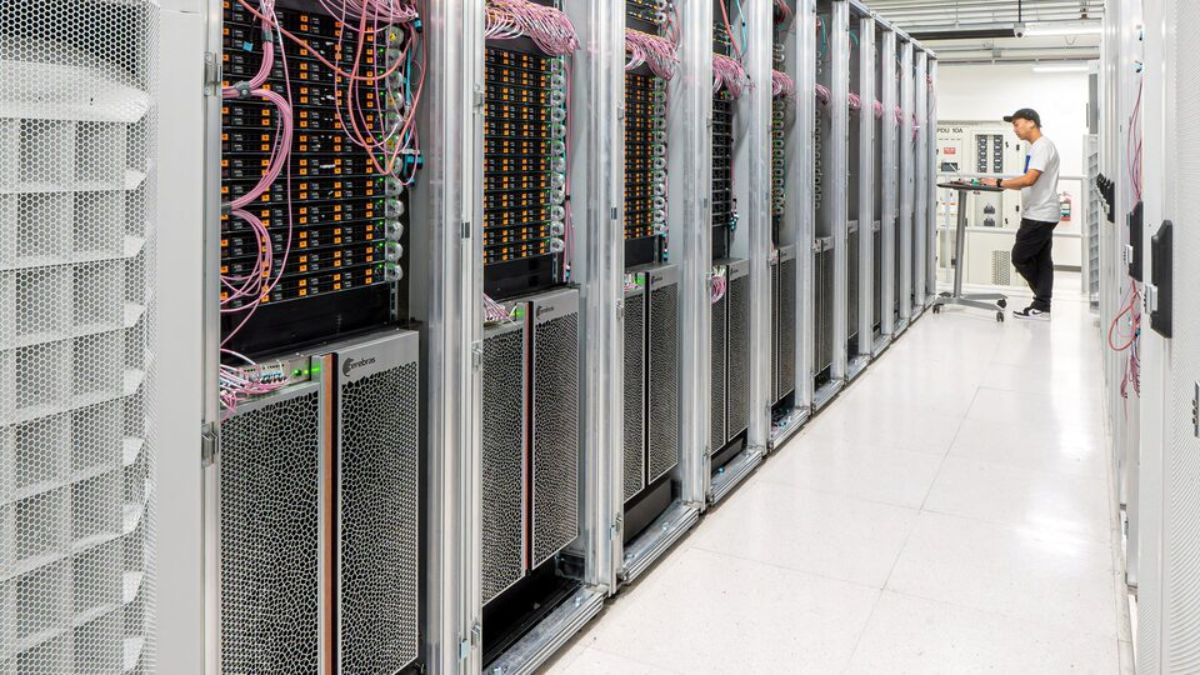Amid President Donald Trump’s push to bring manufacturing to America, his administration has formed a $1 billion partnership with semiconductor giant AMD.
These two supercomputers will tackle large scientific problems ranging from nuclear power to cancer treatments to national security, Energy Secretary Chris Wright and AMD CEO Lisa Su told Reuters.
The idea behind building these supercomputers is to ensure that the United States has enough supercomputers to run increasingly complex experiments that require harnessing enormous amounts of data-crunching capability, according to the news agency.
These supercomputers can accelerate the process of making scientific discoveries in areas the United States is focused on.
The first of these supercomputers, Lux, will be constructed and come online in the next six months. It will be based around AMD’s MI355X artificial intelligence chips and the design will also include central processors (CPUs) and networking chips made by AMD. It will be co-developed by AMD, Hewlett Packard Enterprise, Oracle Cloud Infrastructure, and Oak Ridge National Laboratory (ORNL).
ORNL Director Stephen Streiffer said the Lux supercomputer will deliver about three times the AI capacity of current supercomputers, as per Reuters.
The second and more advanced computer, Discovery, will be delivered in 2019 and enter service in 2029. It will be based around AMD’s MI430 series of AI chips that are tuned for high-performance computing. It will be designed by ORNL, HPE, and AMD.
The partnership with AMD has come months after Nvidia, the semiconductor giant powering the world’s AI boom, announced it will manufacture AI supercomputers entirely in the United States. It said it will produce up to $500 billions of AI infrastructure in the United States through its manufacturing partnerships over the next four years.
Impact Shorts
More ShortsAMD partnership to ‘supercharge’ nuclear fusion: Trump official
These two supercomputers being procured from AMD will “supercharge” advances in nuclear power and fusion energy, technologies for defense and national security, and the development of drugs, said Energy Secretary Wright.
Nuclear fusion refers to the nuclear energy generation in which two very small atoms join together to make a larger atom, releasing huge energy. This is the process that powers the starts, such as the Sun. Nuclear fusion has not yet been harnessed at scale.
Wright told Reuters that these two supercomputers will lead to “massively faster progress” and be able to harness nuclear fusion in two to three years.
Wright further said these supercomputers would also help manage the US arsenal of nuclear weapons and accelerate drug discovery by simulating ways to treat cancer down to the molecular level.
“My hope is in the next five or eight years, we will turn most cancers, many of which today are ultimate death sentences, into manageable conditions,” Wright said.
A DoE official told Reuters that the department will host the computers, the companies will provide the machines and capital spending, and both sides will share the computing power.
)